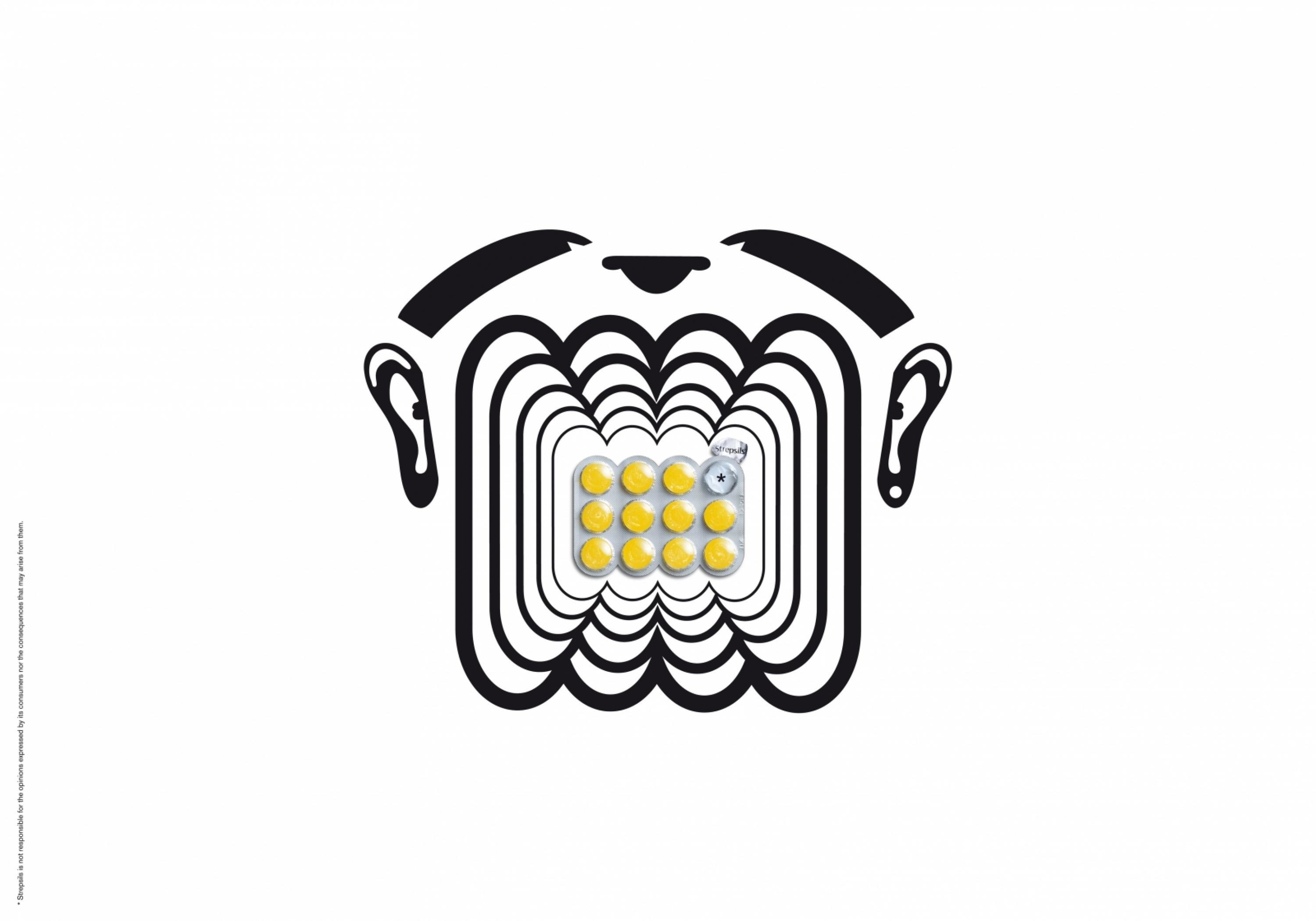Cannes Lions
GLOBAL RESPIRATORY INFECTION PARTNERSHIP (GRIP)
CELLO HEALTH COMMUNICATIONS, London / RECKITT BENCKISER / 2014
Overview
Entries
Credits
OVERVIEW
Description
The Global Respiratory Infection Partnership (GRIP) was initiated with the global health threat of antibiotic resistance in mind. By targeting inappropriate antibiotic prescribing in upper respiratory tract infections (URTIs) the international group of healthcare professionals (HCPs) is seeking to build a collaboration that can affect real change at an international and national level, publishing ground-breaking thinking, sharing learnings and directly addressing antibiotic resistance through education.
Since its creation, GRIP has developed and published a pentagonal framework for the non-antibiotic (symptomatic) management of URTIs to reduce inappropriate antibiotic use in primary care. The framework focused on five key areas – policy, prevention, prescribers, pharmacy and patients. Aligned with the framework the group has produced materials for HCPs that feed into antibiotic awareness education, and hosted a global seminar to support practical implementation of their work.
GRIP members and other HCPs have been initiating the work of GRIP in their locality with governments, opinion leaders, practitioners and patients both independently and with the support of RB. This in turn has provided opportunities for credible, evidence-based product branded marketing for symptomatic relief, aligned with a global healthcare priority.
Execution
In June 2012, the creation of the international panel provided the fuel for the development of credible, evidence-based messaging around appropriate URTIs management. Initial meetings focused on building a robust understanding of issues globally (published in Antibiotics) and later meetings, on practical solutions.
The GRIP website cemented GRIP’s international presence online, housed HCP resources for download alongside an awareness video on the problem of antibiotic resistance.
In 2013 GRIP developed materials to help HCPs engage with patients around URTI management. Grounded in a 3-step approach, they guided a discussion on appropriate antibiotic use with patients and educated HCPs. Materials were launched at the GRIP summit where international HCPs came together to hear GRIP discussing their pentagonal framework and how it can be applied to everyday practice. Its unique approach facilitated smaller, local discussions to hand over GRIP’s message to a local HCP to own and activate in their locality.
Outcome
GRIP’s work has steady monthly average access: IJCP publication - 200, Antibiotics publication -125, GRIP website - 300 visits per month (58% return frequency).
GRIP Summit:
- 96% of attendees are keen to share the 1, 2 ,3 approach with colleagues.
- 75% of attendees agreed the event made them re-evaluate their approach to URTIs
- On average, delegates will now recommend symptomatic relief for an additional 75% of patients.
Austria, Brazil, Germany, India, Ireland, Italy, Malaysia, Middle East, Russia, South Africa, Spain, Switzerland, Thailand, UK and Ukraine have initiated GRIP.
1. Brazil: a symposium for 130 HCPs. 100% agreed the framework was a good idea.
2. UK: GRIP materials were circulated to 9000 GPs and 96% of feedback rated the materials as excellent or very good.
3. Middle East: 100 ENT specialists met in Jeddah resulting in 95% of attendees re-evaluating their approach to treating URTIs.
Similar Campaigns
12 items










